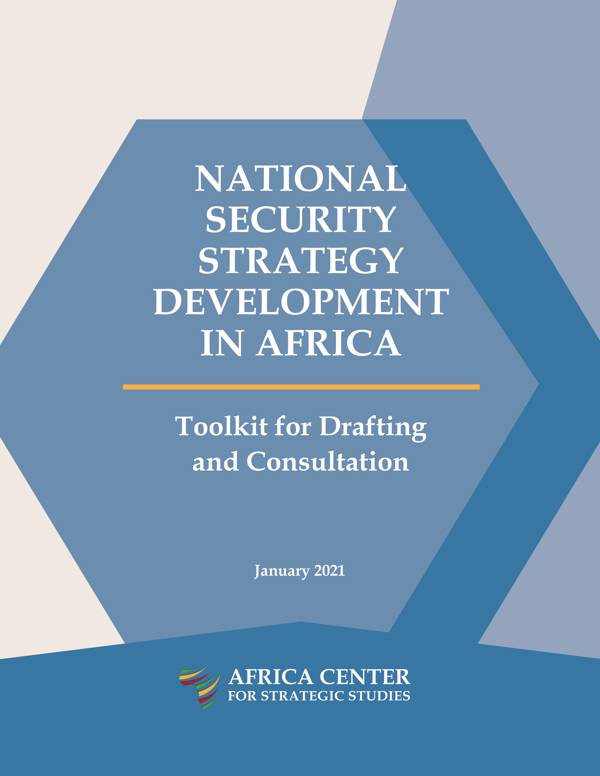One of the core functions of any government is to provide for the security and safety of its citizens. Security, moreover, is a precondition for sustainable investment, jobs creation, and development, which are the preeminent priorities of many African governments. Security, thus, is central to the confidence and trust that citizens have in their government. Yet, most African countries do not have an overarching national security strategy. The lack of a grand strategy inhibits prioritization of security threats, effective coordination, and alignment of resources. Without a national security strategy, there is no shared understanding of national security vision and objectives, and no national basis for leveraging partnership assistance. As a result, in too many African countries, security provision does not serve the public good. National Security Strategy Development (NSSD) is a process of policymaking about how to deliver better state and citizen security. As such, it provides an opportunity to forge a new social contract between a government and its people.
Although the African Union has provided general guidelines for its member states to develop national security strategies, there are limited tools available to help African governments with the process. The main objective of this toolkit is to describe a consultative process and serve as a resource to aid national and regional stakeholders in African countries to craft or review their national security strategies. While this toolkit provides guidance to the process, it is not a blueprint. Each country will have to adapt the process to the unique national context and develop homegrown approaches in crafting strategy. This toolkit was developed and informed by the Africa Center’s experience advising various African countries in their NSSD processes, as well as additional case studies, inputs from African security sector professionals, and other relevant resources on this topic.







